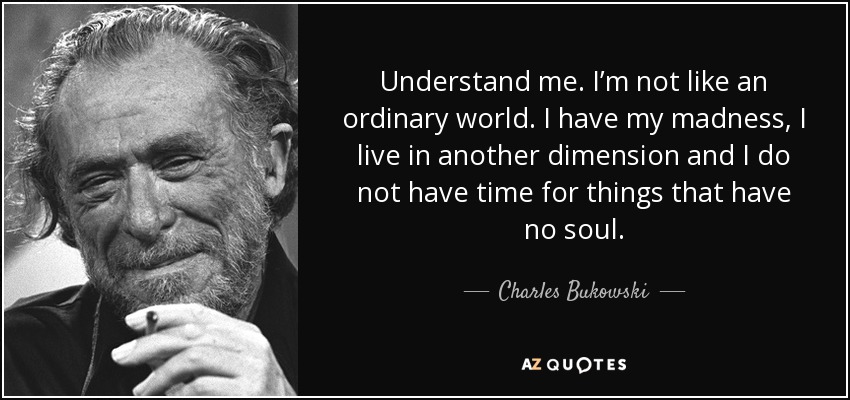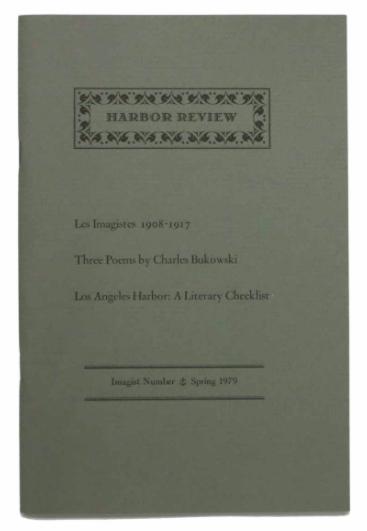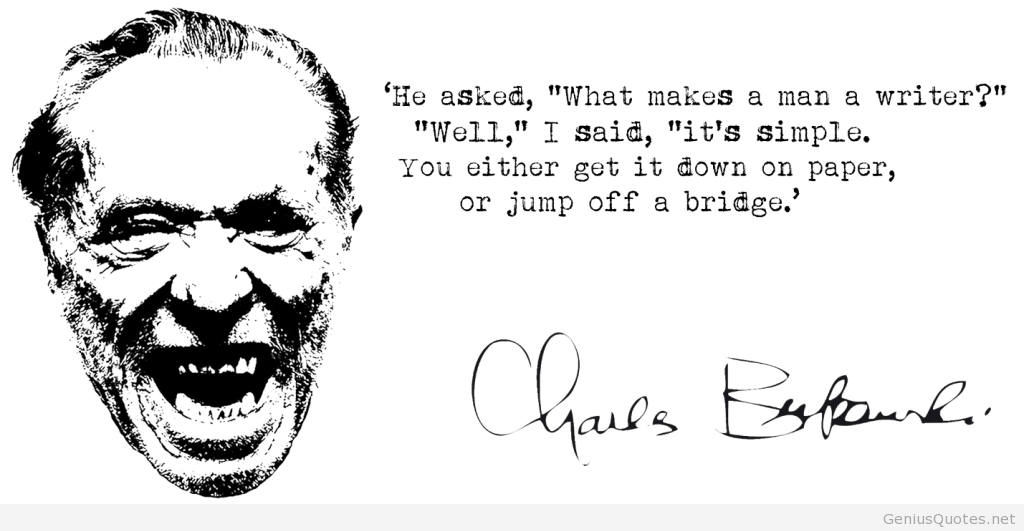
Charles Bukowski instills a strong response in many of those who read his poetry, novels, nonfiction and short stories. Readers are either impressed by his openness and honesty or repulsed by his abrupt and vulgar approach to sexuality, drugs and the seedy aspects of low living. Here in California I have heard more references to Bukowski than anywhere else in the world! That is, of course, since he spent much of his life living in California, writing about Los Angeles, and even passed away in San Pedro in 1994. But let’s not focus on his death! This blog honors his birth and his writing, not his passing.
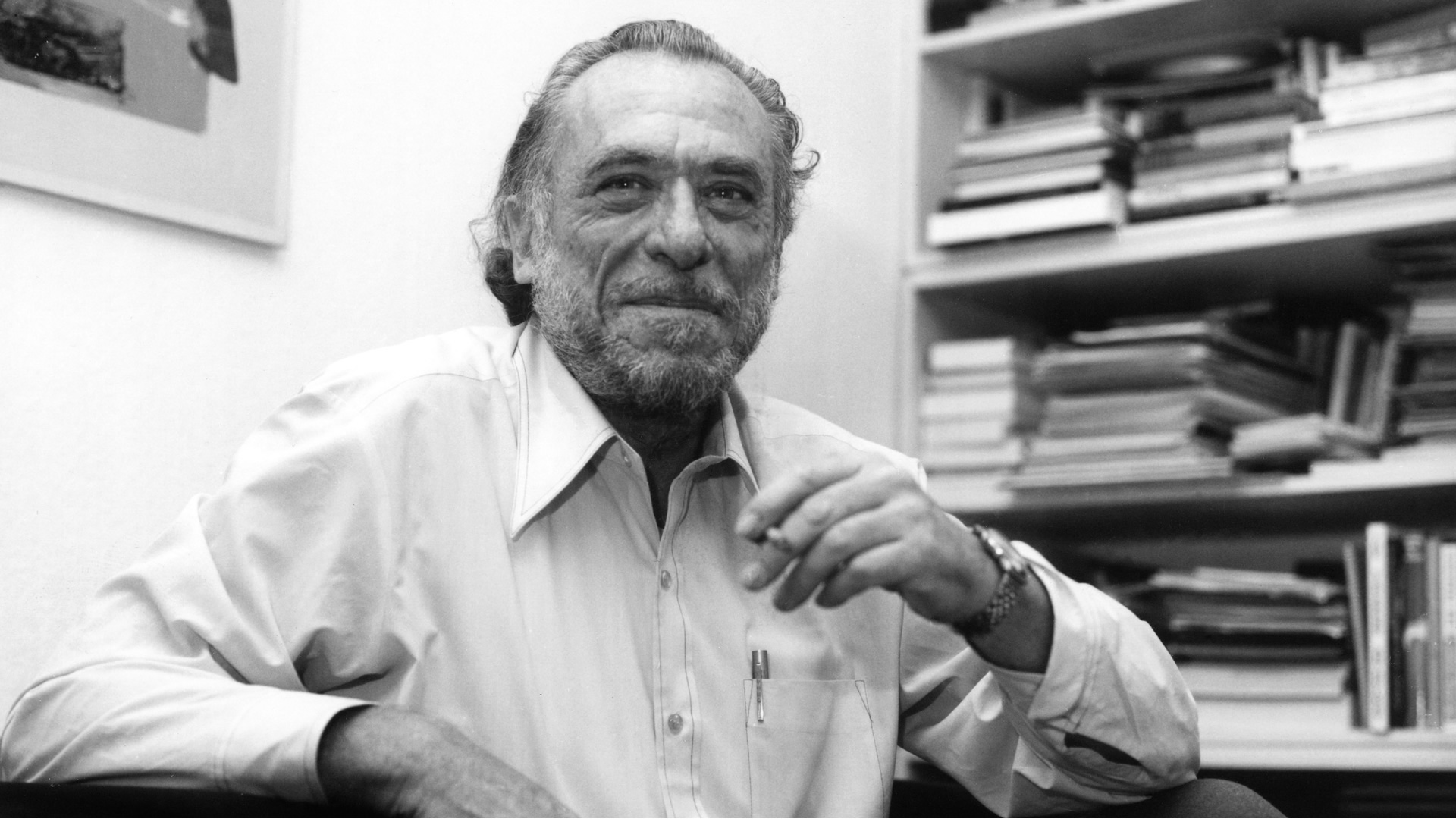 Heinrich Karl Bukowski was born on August 16th, 1920 in Germany. His father, a member of the U.S. Army that remained in Germany after WWI, and his mother brought him to the United States at the tender age of two. Bukowski was a slight child with a poor complexion, often bullied by his peers and beaten by his father who believed in a heavy hand when correcting his child’s faults.
Heinrich Karl Bukowski was born on August 16th, 1920 in Germany. His father, a member of the U.S. Army that remained in Germany after WWI, and his mother brought him to the United States at the tender age of two. Bukowski was a slight child with a poor complexion, often bullied by his peers and beaten by his father who believed in a heavy hand when correcting his child’s faults.
Despite an uneasy beginning, Bukowski grew and realized from an early age his interest lay in the written word. (And in alcohol – it is reported that he first tasted wine at age 13 in a friend’s father’s wine cellar and thought it was wonderful, stating “It was magic… Why hadn’t someone told me?”) At 19 Bukowski enrolled in Los Angeles City College, but dropped out shortly thereafter at the start of WWII to move to New York and pursue writing full-time. Unfortunately these dreams were not to be realized at this time, as he spent 6 years being rejected from publishers. In 1946 he decided to give up his dreams of writing and spent ten years drinking and doing drugs on a spree of debauchery and depravity across the United States, ending up in Los Angeles in the late 1950s near death. Bukowski began to write once again, focusing on poetry as his means of expression. He began by getting published in underground papers and magazines, and kept up a hard lifestyle – gaining a reputation as a poet with a dark side. Unsurprisingly, “the main character in his poems and short stories, which are largely autobiographical, is usually a down-and-out writer [Henry Chinaski] who spends his time working at marginal jobs (and getting fired from them), getting drunk and making love with a succession of bimbos and floozies” (Ciottii/Poetry Foundation). Bukowski used his own life for inspiration in his work, and in that respect the lifestyle he chose with drugs, drinking, prostitutes and unsavory living was helpful to his writing career!
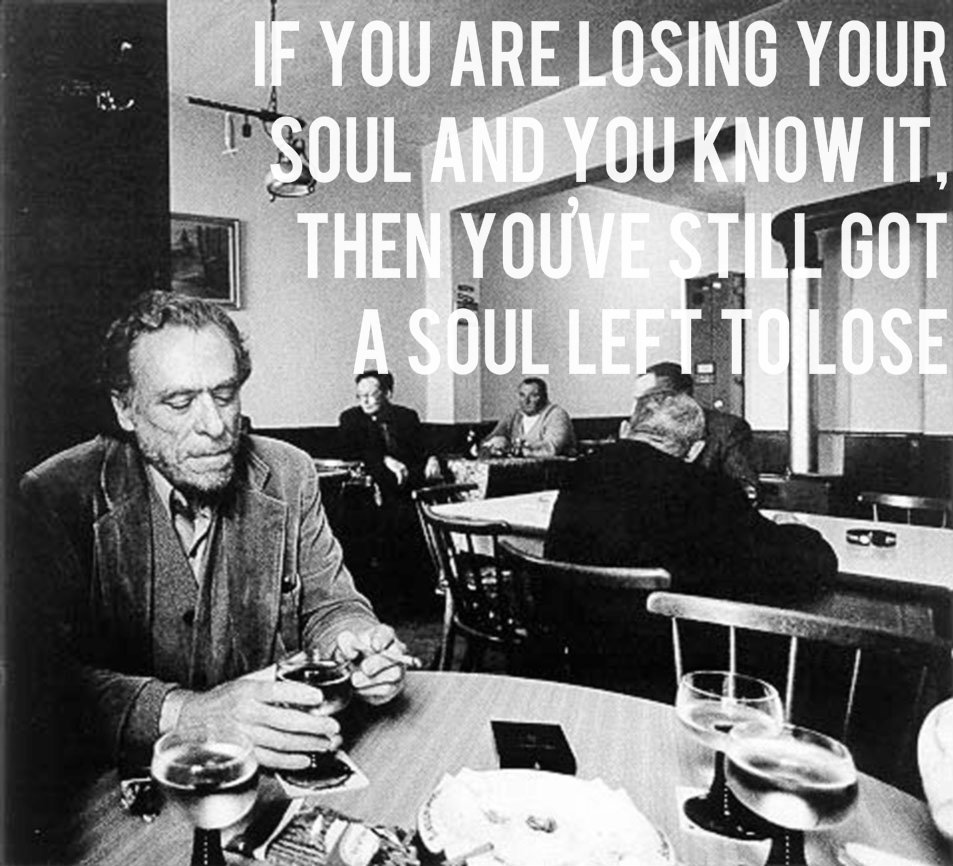 In 1959 Bukowski (or Hank, as he was to his friends) published his first book of poetry, Flower, Fish and Bestial Wail, truly establishing himself as a poet, and also dealing with such simple themes as abandonment and desolation in a sad world where all are alone. (No big deal.) He showed his writing style that had changed little but perhaps in the more modern times was more easily accepted – he had a “crisp, hard voice; an excellent ear and eye for measuring out the lengths of lines; and an avoidance of metaphor where a lively anecdote will do the same dramatic work” (Ken Tucker). He continued to publish books of poetry in the upcoming decades, producing a staggering number of books of poetry, as well as those of prose and novels. The subjects of his work remained the same – he lived the life of the poor and the down-trodden, associating himself with drinking, drugs, music, violence, prostitution and gambling. According to Adam Kirsch, Bukowski described his own readership as “the defeated, the demented and the damned.” His first book of short stories was published in 1972 and entitled Erections, Ejaculations, Exhibitions, and General Tales of Ordinary Madness. In general, his works were often offensive, violent and sordid, but did a few amazing things… brought awareness to the lives of the down-and-out and opened up the literary world to an entirely different style of writing.
In 1959 Bukowski (or Hank, as he was to his friends) published his first book of poetry, Flower, Fish and Bestial Wail, truly establishing himself as a poet, and also dealing with such simple themes as abandonment and desolation in a sad world where all are alone. (No big deal.) He showed his writing style that had changed little but perhaps in the more modern times was more easily accepted – he had a “crisp, hard voice; an excellent ear and eye for measuring out the lengths of lines; and an avoidance of metaphor where a lively anecdote will do the same dramatic work” (Ken Tucker). He continued to publish books of poetry in the upcoming decades, producing a staggering number of books of poetry, as well as those of prose and novels. The subjects of his work remained the same – he lived the life of the poor and the down-trodden, associating himself with drinking, drugs, music, violence, prostitution and gambling. According to Adam Kirsch, Bukowski described his own readership as “the defeated, the demented and the damned.” His first book of short stories was published in 1972 and entitled Erections, Ejaculations, Exhibitions, and General Tales of Ordinary Madness. In general, his works were often offensive, violent and sordid, but did a few amazing things… brought awareness to the lives of the down-and-out and opened up the literary world to an entirely different style of writing.
Bukowski didn’t just write full-time, however – he was a post office clerk for over a decade in the 1960s in California. He performed readings of his work internationally and published until his dying day. He was known as the “laureate of American lowlife” – perhaps why he drew such a cult following and is still popular today. Bukowski did what many would not even attempt – he described, in detail, the life of those no one wished to live as. He brought attention and interest to the group of people he felt most at ease with. His posthumous work has been almost as prolific as the works published during his lifetime! At least 25 volumes of his poetry, nonfiction and short story collections have been published since his death alone, and one can assume there are more works out there just waiting to be brought to light.
